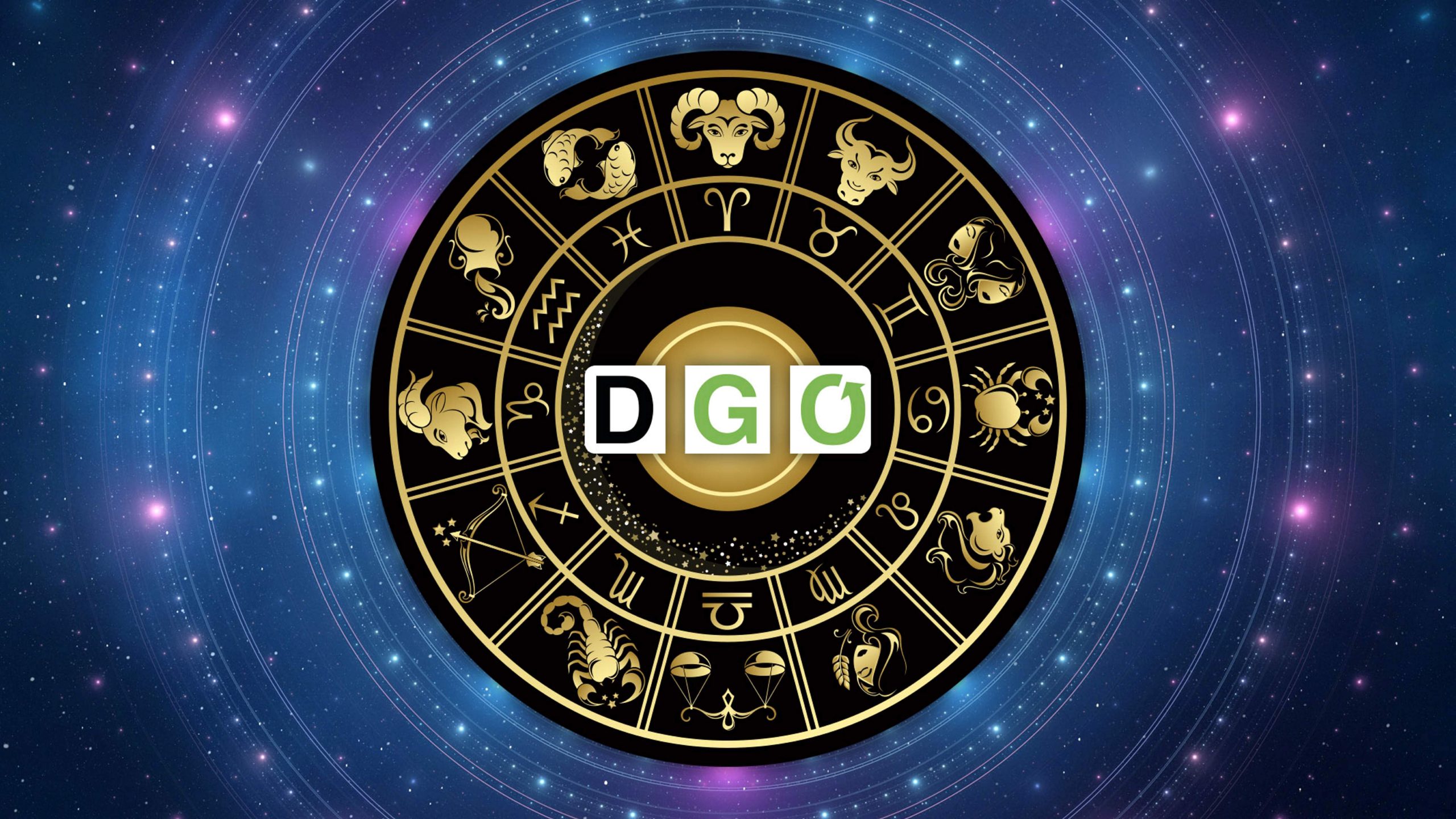George Clooney mugs, dances and pretty much looks like he’s having the time of his life in “Money Monster,” in which he plays a financial cable show host with the aggression of Jim Cramer and showboating glee of a modern-day Music Man.
With his on-air gimmicks, quippy catchphrases and a showgirl on each arm, Clooney’s Lee Gates is a cocky, self-impressed avatar of post-2008 arrogance and self-regard, a one-man booster for Wall Street players who treat him like a peer (“I haven’t eaten dinner alone since the ’90s,” he boasts at one point) but secretly see him as a useful idiot.
Gates’ dawning awareness that he’s been a pawn in a rigged game is one of the most interesting undercurrents of “Money Monster,” in which the fun and games come to an abrupt end when a disgruntled investor – a young working stiff named Kyle, played by Jack O’Connell – invades Gates’ set with a gun and forces the host to put on a vest outfitted with a bomb.
Kyle doesn’t want his money back, he insists, he just wants to know where it went. Transpiring virtually in real time, “Money Monster” chronicles the efforts of Gates – and his director, played by Julia Roberts – to placate Kyle, find the answers to his questions and keep everyone, plebes and plutocrats alike, from going kablooey.
Efficiently directed by Jodie Foster, “Money Monster” gets off to a promising start, not only with Clooney’s amusing high jinks as a shallow roue, but also thanks to his easy, bantering relationship with Roberts, whose constant voice in his ear recalls Emily Mortimer and Jeff Daniels’ dynamic in the HBO series “Newsroom” – all the more impressive for the fact that Clooney and Roberts filmed their scenes separately, said Foster. Written by Jamie Linden, Alan DiFiore and Jim Kouf, the film has a taut, nervous energy that infuses what is essentially a chamber piece with three people into a substantive, of-the-moment thriller.
Propelled by the same populist rage as films like last year’s “The Big Short” and this year’s most talked-about political campaigns, “Money Monster” is nothing if not timely, which makes it all the more disappointing when the plot takes increasingly outlandish, even naive turns, and what could have been a modern-day classic on a par with “Dog Day Afternoon” or “Network” instead becomes “Speed” with more high-frequency trading and arcane algorithms.
Actually, the film “Money Monster” most closely resembles is “Mad City,” a misbegotten parable about media and violence that came out 20 years ago and was almost immediately forgotten. In that case, too, the film’s relevance was made moot by overworked, ultimately unbelievable plotting.
It bears noting that Kouf is the writer behind “Rush Hour” and the “National Treasure” movies: “Money Monster,” which is at its best when it’s at its most crisply realistic and timely, suffers from the kind of only-in-Hollywood plot twists and eye-rolling exaggeration that results in smarter than average pulp, but pulp nonetheless.
Still, for most of its swift running time, “Money Monster” is admittedly entertaining, especially when Gates hits on the idea of persuading his fans to invest in the errant stock in order to bring Kyle back into the black: His speech to viewers, in which he calls upon them to behave like humans and not computers, is delivered with every ounce of the sincerity Clooney’s character in “Hail, Caesar!” brought to his climactic oration at Christ’s crucifixion.
With all its talk of glitches, blips and black swans, “Money Monster” turns out to be a bit of a black swan itself: not quite the sophisticated drama the era deserves, but not the usual adrenaline-addled genre exercise, either. Even with the fundamentals in place to yield a big payday, it remains a break-even proposition.













